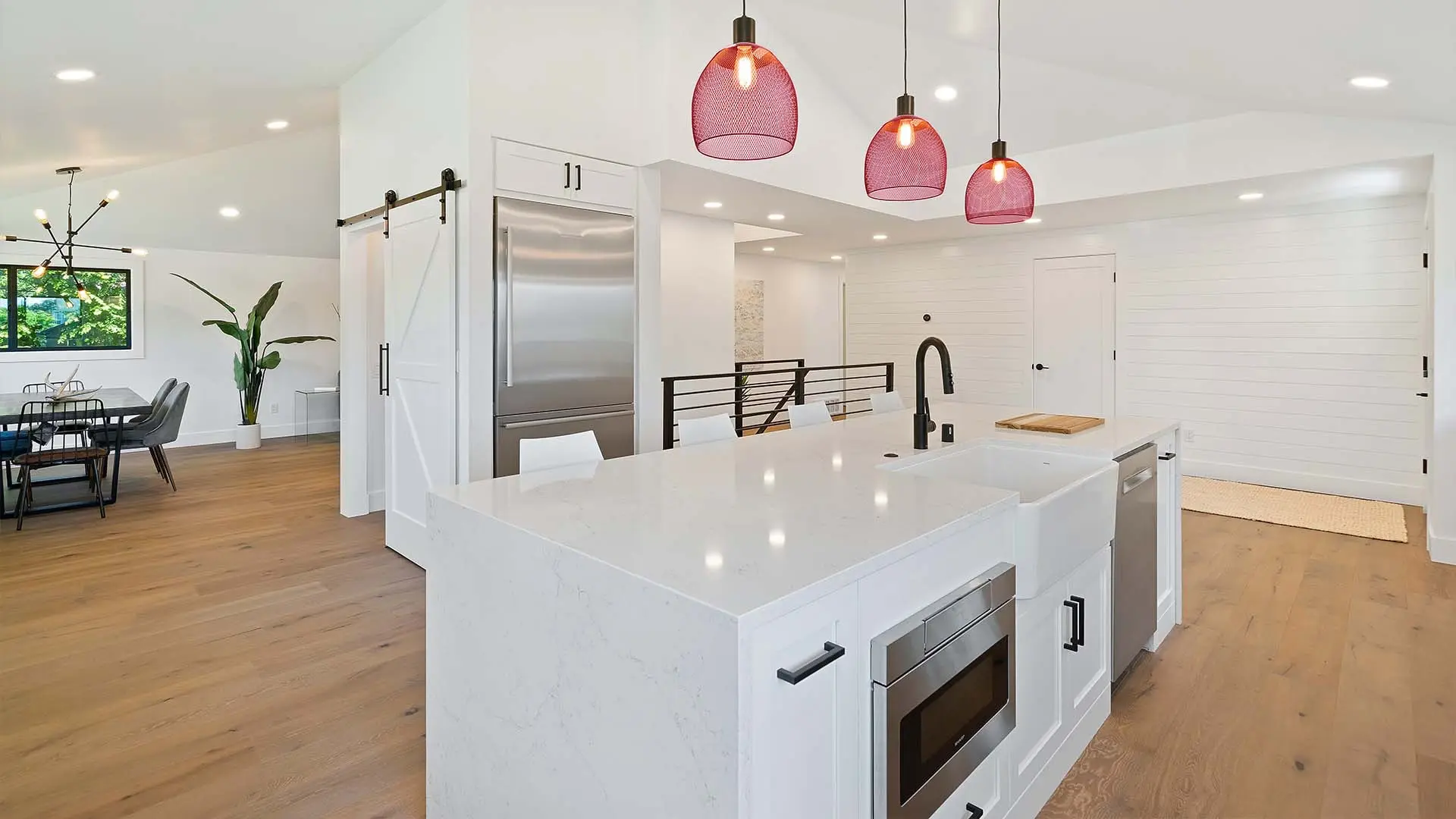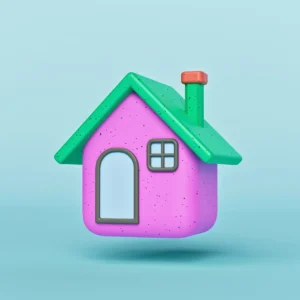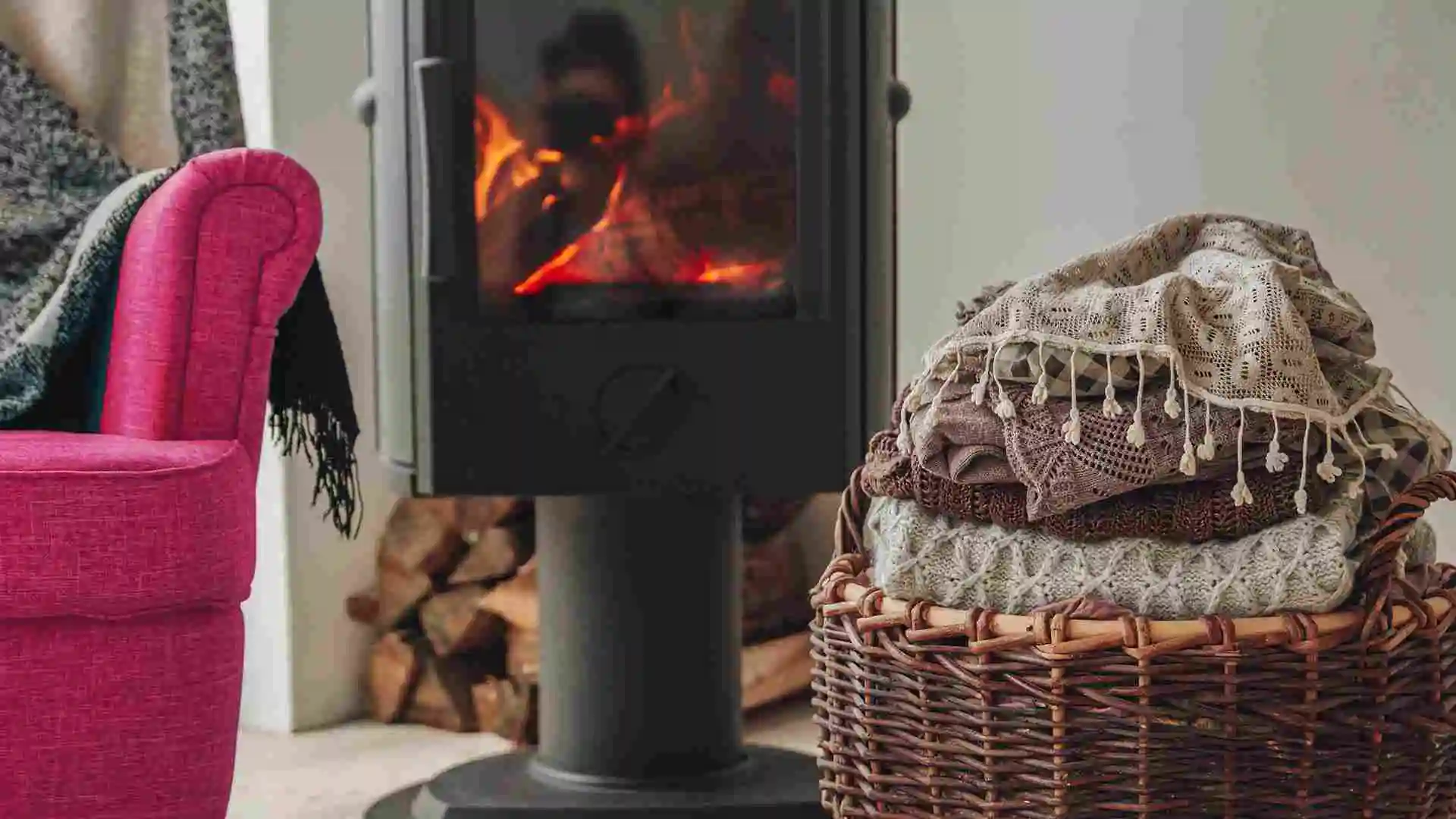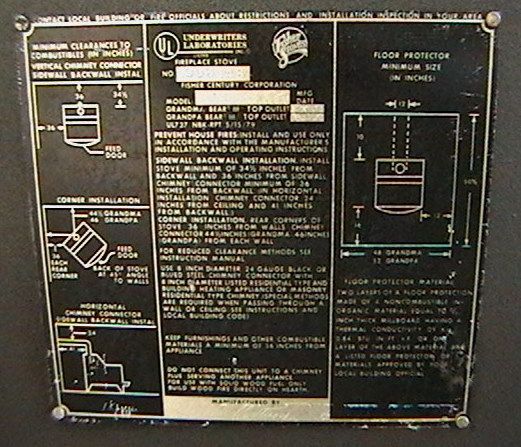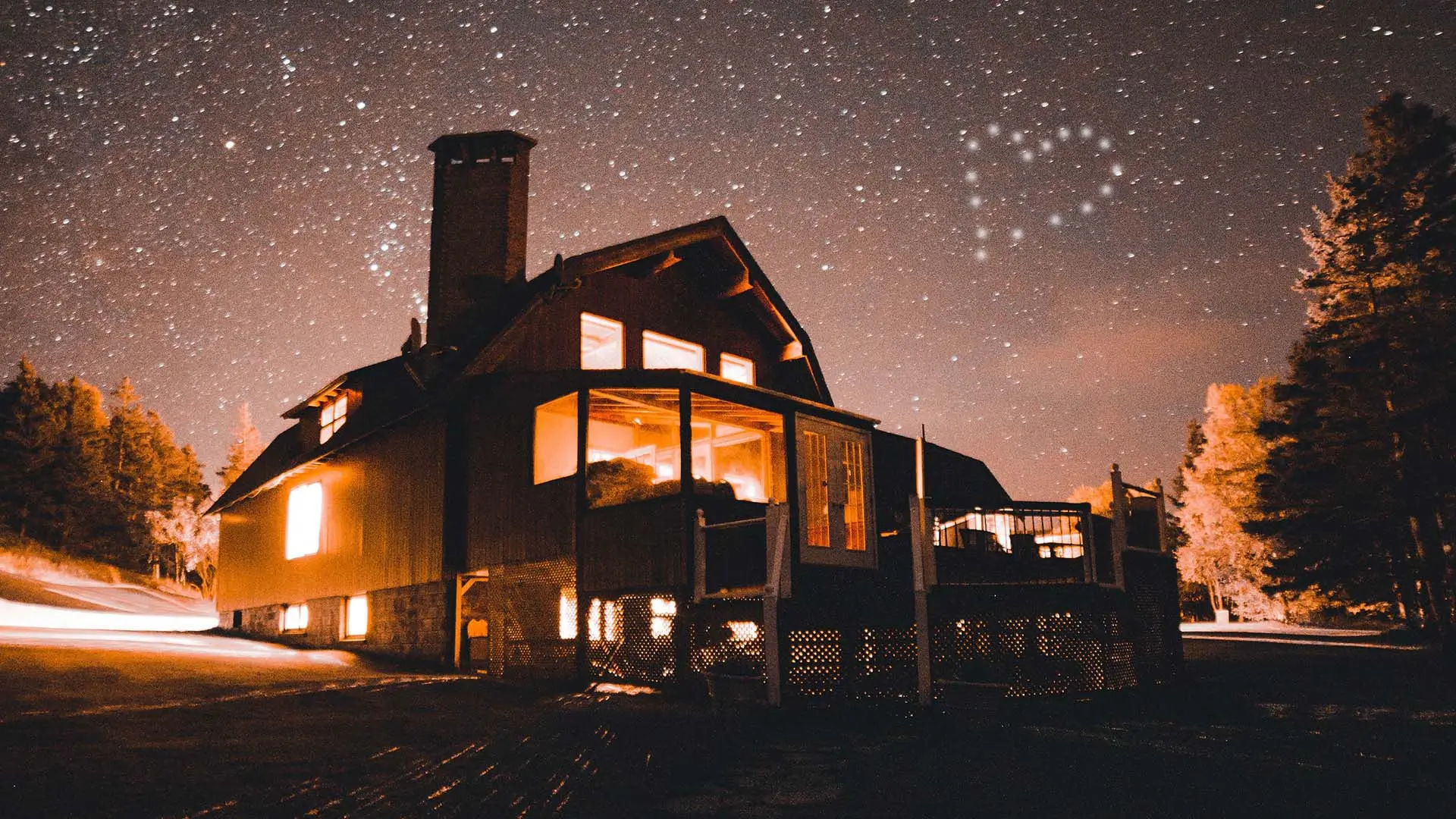Doing home renovations? Here’s why you should keep your insurance provider updated
February 07, 2022
Turning your existing house into your dream home is an obsession for many a homeowner. Building an addition, installing a pool or finishing the basement are just a few of the many ways to beautify your home and increase the value of your property. It’s also a good way to unknowingly void your existing home insurance policy.
Even small changes to your home can affect your insurance in fundamental ways. Big changes, however, may require you to purchase separate, temporary coverage like Builder’s Risk Insurance. So, it is important to keep your insurance broker updated as to what modifications you’re making to your home before you ever get that toolbox down from the shelf.
Whether it just slips their mind, or they are worried about an increase in their premiums, many people neglect to keep their insurance provider informed of home renovations. And this leaves them vulnerable to having a future claim denied.
Before you take a sledgehammer to that living room wall to open up more space, or begin work on that addition you’ve always wanted, be sure to contact your insurance broker to find out if your policy will still be valid. What may seem like a minor change could have an effect on your coverage, so it’s always best to double check!
With that in mind, let’s look at the ways in which home renovations can impact your home insurance policy.
Am I still covered once renovations are underway?
The answer to this question depends on a number of things, which is why it’s important to review your home insurance policy with your insurance broker while your renovations are still in the planning stage. Curiously, only 6% of Ontarians do this, according to Canadian Underwriter Magazine.
Here are some questions to ask yourself, as well as your broker:
1. Am I covered while the renovations are in process?
There is a clause in most policies that eliminates coverage if you’re undertaking any renovations at all, meaning that should a pipe burst once work is underway, you may not be covered for the damage done.
If you’re doing more extensive work on your home, this can mean missing staircases, unfinished roofs, exposed wires and dangerous objects like nails and saws laying about. It can also mean doorways and windows boarded up with plywood, making an easy point of entry for thieves. That’s why renovations can leave you unprotected if you’re depending on your existing policy to cover you.
2. Do I need to designate my home as a “building under construction”?
If you’re making some structural changes to your home you may need to restructure your policy from a standard one to one for a building under construction. There are many ways your home can be damaged during major renovations, from an unfinished roof letting in rain that ruins those nice new hardwood floors, to fires caused by an electrical surge or gas leak from a new furnace that was hastily installed.
3. Do I have third party liability on my policy?
Perhaps the biggest concern is the many contractors and subcontractors that may be coming and going along the way. Should they get hurt inside your home, are you covered for liability? Third party liability is pretty standard in home insurance policies, and protects you for injuries sustained by the odd guest or repairman that comes to your home. But you may not be covered for a multitude of workers showing up and turning your home into a construction zone.
4. Is my contractor insured?
It is important to find out if your contractor is bonded and registered with the WSIB, and if they have insurance that protects both their tools and liability over and above worker’s compensation. Also, whether they will be using subcontractors who are also insured. You have a right to this information, so don’t be afraid to ask.
5. Do I need to worry about my coverage if I do all the work myself?
Depending on how extensive the work is, you may still have to buy additional insurance since professional liability isn’t standard in a home insurance policy. Ask your broker if your existing policy covers you while you’re doing the renovations yourself.
6. Will I be living elsewhere while the work is being done?
Leaving your home vacant for more than 30 days could be a violation of your policy. Empty houses are magnets for thieves and vandals, and absent homeowners can miss things like developing water damage. While checking in everyday may be sufficient, you might have to purchase a vacancy permit for an extra $30 – 50 a month. Ask your broker.
Get a home insurance quote in minutes.
So, do I need builder’s risk insurance?
Once these initial questions have been answered, you may find that you’ll need to obtain Builder’s Risk Insurance. When doing structural renovations on your home, your existing policy won’t cover the section under construction if a “permission to renovate” endorsement, or this type of construction insurance, hasn’t been put into effect.
While your contractor may be insured with a commercial general liability policy, this does not cover the actual building being renovated. Make sure your contractor has Builder’s Risk Insurance before you begin. If not, you can purchase it yourself.
This kind of policy is designed to cover you for weather damage, theft and vandalism during the course of the renovation period. It includes coverage for:
- Cost of debris removal
- The value of building materials
- Any physical loss or damage to the property
- Soft costs such as additional engineering, architectural or legal fees
Before you call your broker, have the answers to these questions ready:
- How much of the property is under construction, and what specifically is being done?
- Who is doing the renovations? If it is contractors, will they be using subcontractors?
- Do your contractors have business interruption insurance to cover off-site losses that could delay the delivery of materials?
- How long is this renovation expected to take?

Quick tip
Be sure to call your broker before renovations get underway. It’s much more difficult to get Builder’s Risk Insurance once the work has begun. And keep your broker informed if there are any changes along the way.
Will the renovations increase my premiums?
Fear of increased premiums make many people reluctant to inform their insurance provider about changes they’ve made to their homes. But being worried about a slight increase in premiums could leave you paying for a policy that no longer covers you after renovations have been done anyway.
Besides, not all renovations will lead to an increase in your premiums. In fact, there are some things you can do that will actually decrease your premiums. And you might as well do them while you are doing all that other work on your home anyway!
Renovations that Can decrease your premiums:
- Installing a security system that is linked directly with the fire department and the police
- Replacing any outdated wiring with copper wiring
- Installing a new plumbing system that utilises copper/PEX supply lines and PVC/ABS drains
- Updating your roof with impact-resistant material. Leakages can be costly! Choose something more resilient than standard asphalt shingles
- Installing a sewer backflow valve
- Purchasing a sump pump with backup battery for potential overland flooding
- Installing gas and water sensors
- Using deadbolt locks
- Fencing off the pool area (a requirement in most jurisdictions anyway)
Of course, these aren’t the kinds of things people usually consider when they dream about renovating their homes. Usually, it’s about making their home more beautiful and spacious, and that can put upward pressure on those premiums.
Renovations that increase the replacement value of the home have the biggest effect on premiums, as do those that are done to generate new revenue, such as renting out a newly finished basement to a permanent tenant or to Airbnb guests.
Renovations that can increase your premiums:
- Installing a new pool or trampoline. These types of facilities increase your liability risk
- Building additions to your home. More square footage equals increased replacement value!
- Kitchen and bathroom upgrades. Again, these increase your home’s replacement value
- Finishing the basement
- Creating a space for a home-based business
- Building a new porch or deck
- Undertaking renovations that result in unique design features. The more unique, the more costly they are to replace or repair!
Regardless of the kind of renovations you do to your home, whether they are extensive or not, be sure to talk to your broker before the work even begins, just to see how your home insurance rates could be affected.
Together, you can ensure that your coverage extends through the renovation period and any necessary changes to your new policy are ironed out before the work is completed.
That way there will be a seamless transition from one policy to the next, and you can focus on turning that dream home into reality without the added worry of something going wrong.
Call Mitch Insurance now at 1-800-731-2228 and let’s get those renovations safely underway today!
Looking for home insurance?
Speak with a Mitch Insurance broker today to get a quote on Ontario home insurance. Learn more >
Call now
1-800-731-2228